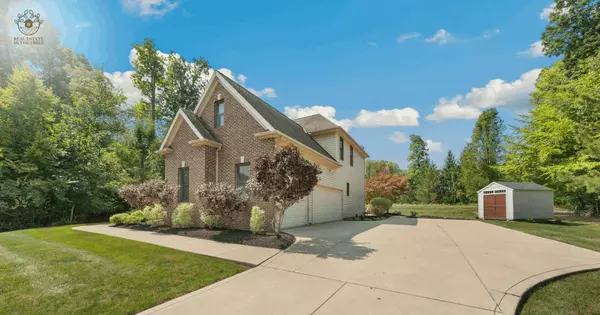The Basics of Homebuying for First-Time Buyers

Buying your first home is a significant milestone, but the process can feel overwhelming if you don’t know where to start. Setting a realistic budget is the first and most important step. Review your finances to determine how much you can comfortably afford to spend on a home. This includes considering not only the monthly mortgage payment but also costs like property taxes, homeowner’s insurance, and ongoing maintenance expenses. Getting pre-approved for a mortgage is a helpful way to establish your budget and demonstrate to sellers that you’re a serious buyer. Pre-approval also gives you a clear idea of what price range you should focus on during your home search.
Once you have a budget, the next step is researching neighborhoods that align with your lifestyle and priorities. Think about factors like commute times, proximity to schools, access to public transportation, and nearby amenities such as grocery stores or parks. Narrowing down your desired location will make your search more focused and manageable. As you tour homes, create a checklist of your must-haves, such as the number of bedrooms, bathrooms, or specific layout features. This list can help you stay objective and prioritize the homes that meet your most important needs.
During home tours, it’s important to look beyond cosmetic features and assess the property’s overall condition. Check for any visible signs of damage, such as cracks in the walls, uneven floors, or stains on the ceiling that might indicate water issues. Pay attention to the functionality of doors, windows, and faucets, as these small details can provide insight into the home’s maintenance history. Don’t hesitate to ask questions about the age and condition of major systems, such as the roof, HVAC, and plumbing. These components can be costly to repair or replace, so understanding their status is essential.
Hiring a professional inspector is a critical step once you find a home you’re seriously considering. A thorough inspection can uncover hidden problems that may not be obvious during a casual walkthrough. The inspector will evaluate the structural integrity, electrical systems, and other essential components to ensure the property is in good condition. If significant issues are discovered, you may have the opportunity to negotiate repairs or adjust the purchase price. While an inspection does add to the upfront costs, it can save you from expensive surprises later on.
Lastly, take your time when making decisions. It’s natural to feel pressure in a competitive market, but rushing into a purchase can lead to regret. Work closely with your real estate agent to weigh your options, negotiate terms, and navigate the closing process. Buying a home is a long-term investment, so careful planning and informed decision-making are key to ensuring a successful purchase.
Recent Posts










"My job is to find and attract mastery-based agents to the office, protect the culture, and make sure everyone is happy! "
GET MORE INFORMATION
